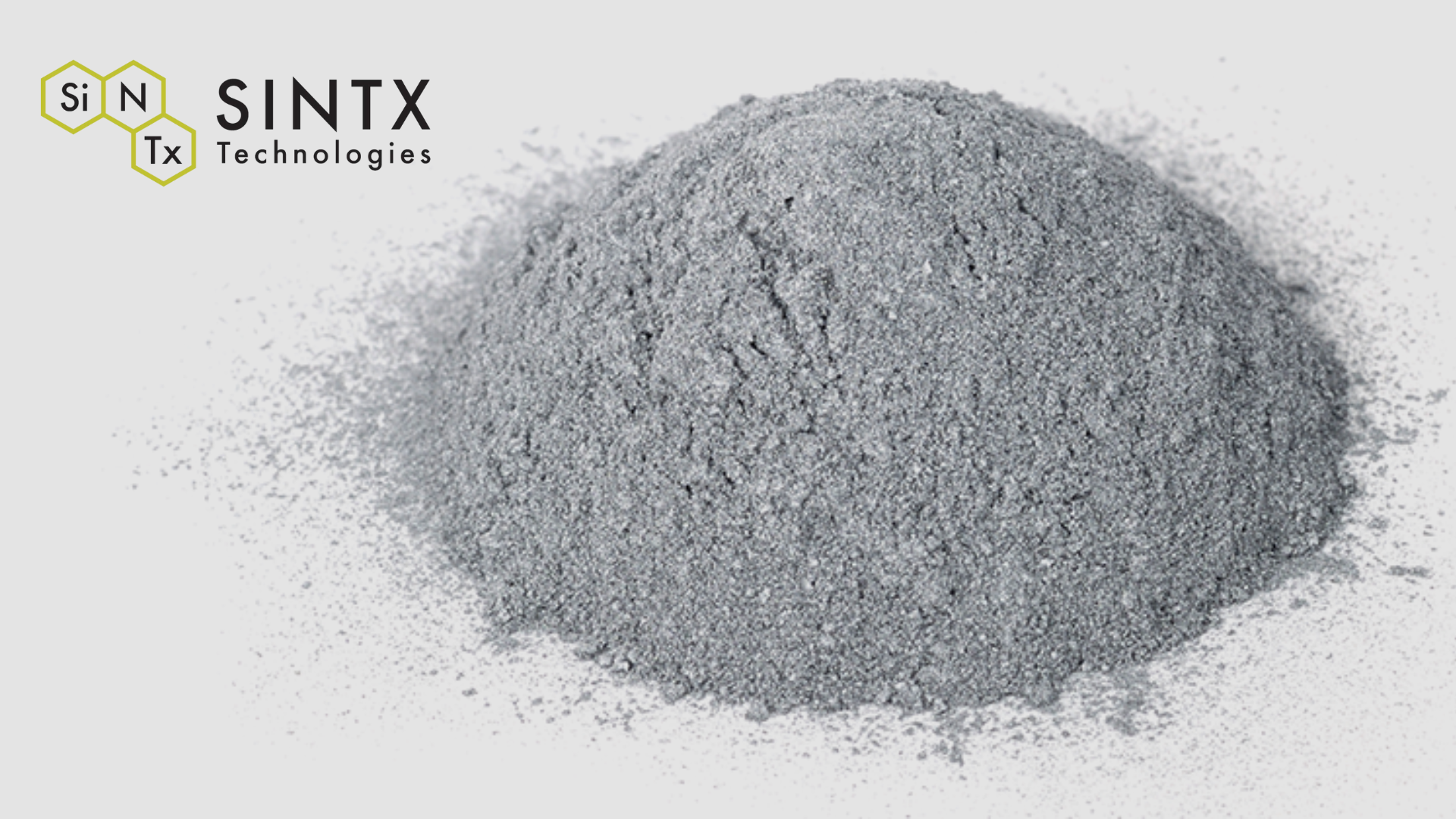
SALT LAKE CITY, Sept. 29, 2022 — SINTX Technologies, Inc. announced a Phase I grant of $275k awarded by the National Institutes of Health (NIH) to develop and test an antimicrobial trauma device. The device will be constructed of a 3D printed continuous carbon fiber (cCF) reinforced polyetherketoneketone (PEKK) plate with silicon nitride embedded into its surface. The Phase I grant represents the third grant awarded to SINTX by the NIH in the past year.
SINTX will collaborate with Drexel University, Thomas Jefferson University, and the University of Pennsylvania over the coming twelve months to develop and test this novel infection-resistant trauma plate. The trauma plate will also feature design customization through the 3D printing production method. The composite material forming the device will feature the improved fatigue properties, imaging characteristics, and tailored stiffness of cCF-PEKK with improved biocompatibility and antibacterial properties from silicon nitride.
“Orthopedic trauma procedures can unfortunately have some of the highest infection rates of all surgical specialties. So, the need for antibacterial material characteristics, especially in this area of orthopedic surgery, is tremendous,” said Dr. Ryan Bock, Vice President of Research & Development, SINTX Technologies. “We believe that a 3D printed trauma plate which features silicon nitride embedded into the cCF-PEKK material could potentially be a game changer for ortho trauma. We’re excited about the possibilities and ready to begin this work under our Phase I NIH grant.”
Orthopedic trauma plates are implantable devices used to repair bone fractures. Current materials used in this application, primarily metals, provide little protection against infection, which can occur at rates as high as 30% in cases where open site fixation is required. The SINTX grant funds, issued under award 1R41AR082266-01, will be used to design and develop a trauma plate that meets or exceeds established mechanical performance requirements and demonstrates strong antibacterial activity. Successful completion of this effort will position SINTX to apply for a Phase II award to support commercialization of the technology.


